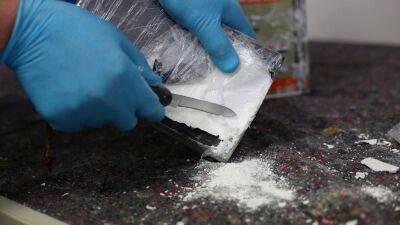Covid fraud: how bounce back loans paid for cars, watches and even porn
When Keith Hamblett, a fruit and vegetable seller from Tyne and Wear, asked his bank for a government-backed loan in the autumn of 2020, the economy was still in trouble after lockdowns, and coronavirus cases were rising.
The Covid bounce back loan scheme was a welcome relief for many smaller companies, and Hamblett received £28,000.
But there was a problem: he had ceased trading, meaning he was not eligible for the support. Then, contrary to the terms, he withdrew £10,000, spending £2,400 on a luxury watch and the remainder on his own living costs. He then filed a bankruptcy petition with liabilities of £61,692.
These details have emerged via an Insolvency Service register of disqualified directors, which is publicising new cases of fraud, misrepresentation, error or misuse each week.
Other cases – flagged by the insolvency firm Real Business Rescue – include directors who spent tens of thousands on a Range Rover, a jetski, buy-to-let property, flying lessons and even pornographic websites.
Britain’s already overloaded courts system is bracing itself. A wave of Covid loan fraud cases is already hitting, as law enforcement agenciesstart to bring the perpetrators to book. Government accountants estimate nearly £5bn was wrongly claimed.
MPs, campaigners and those involved in the law enforcement effort are worried. They have told the Guardian that efforts to recover the money are underfunded. They say government agencies have asked ministers for more cash, but it has been refused.
And they worry that even if budgets were increased, years of cost-cutting means there just are not enough officers with the skills and training to pursue white-collar crime.
There is evidence ministers have turned down requests by law enforcement for
Read more on theguardian.com

















